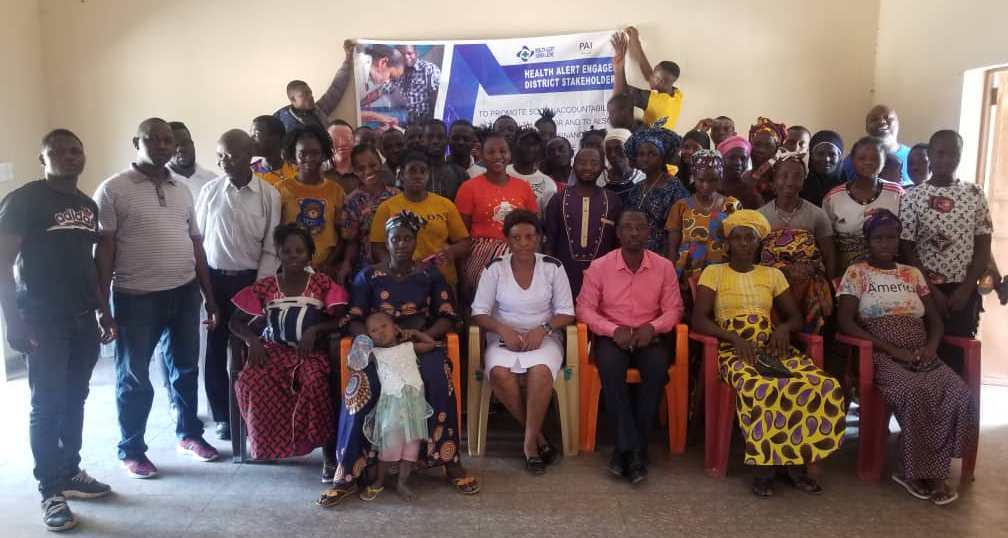By Mohamed K Turay
Health Alert Sierra Leone on Thursday (29 February 2024) engaged stakeholders in Falaba District, north-west Sierra Leone, at the conference hall of the Falaba Youth Centre in which it unearthed burning issues affecting the health sector in that part of the country.
The essence of the engagement, according to the organisation’s Programmes Manager Dalton John, was to promote social accountability in the health sector while at the same time to unearth burning issues affecting the health sector in that district.
The engagement attracted the Falaba District Medical Officer (DMO), the District Council officials, the media, CSOs, the District Health Sister (DHS), pregnant women, lactating mothers, youths, market women, the physically challenged, Okada riders, and so on.
Dalton John also informed stakeholders in the health sector that the engagement was also geared towards the increase in domestic financing to support the health sector in Sierra Leone.
The Health Alert Programmes Manager informed participants that the engagement was aimed at establishing a foundation for collaboration and information sharing on the current status of the health sector.
During the meeting, a PowerPoint presentation was done by Health Alert’s District Coordinator, Issa Kamara, on the findings from a survey he carried out from July to October last year.
The findings in that Report offer a comprehensive view of the CHCs challenges and successes from three community health centres such as Falaba Town, Mongo Town, and Krubonla.
“The findings are also to help facilitate collaborations with the aim of addressing the challenges and improve health care quality”, disclosed the Programmes Manager of Health Alert.
The Report reveals that most of the health centres visited lacked stationeries as patients were being asked to buy books when seeking medical attention, especially pregnant woman and lactating mothers. The bad attitudes of health workers are also captured in the Report.
Also, the Report unearths the fact that there are more volunteers in all three facilities than staff who are on pay roll which is negatively affecting service delivery in the district. One of the main issues unearthed is that in some health centres, health workers are asking patients or beneficiaries to bring farming products before they are attended to.
The Health Alert District Coordinator also lamented that the road network in the district was extremely challenged as most times health commodities were not forthcoming and lack of space in most health centres visited.
One of the frightening aspects in the Report is that the entire district has no fuel station and this is posing a threat to the movements of the ambulance as most times it could not move due to lack of fuel.
Reacting to the findings in the Report the District Medical Officer (DMO) in Falaba District, Doctor Daniel Lavalie, said that they had 50 PHUs and that as a new district the challenges were numerous.
He, however, admitted that he was aware that nurses did ask for books because there were no stationeries set aside for such. He decried nurses who were in the habit of asking pregnant women, lactating mothers, and children under-five for money and appealed to the stakeholders present to report such matters to the authorities.
The said engagement was supported by the Global Financing Facility (GEFF), supported by World Bank.


